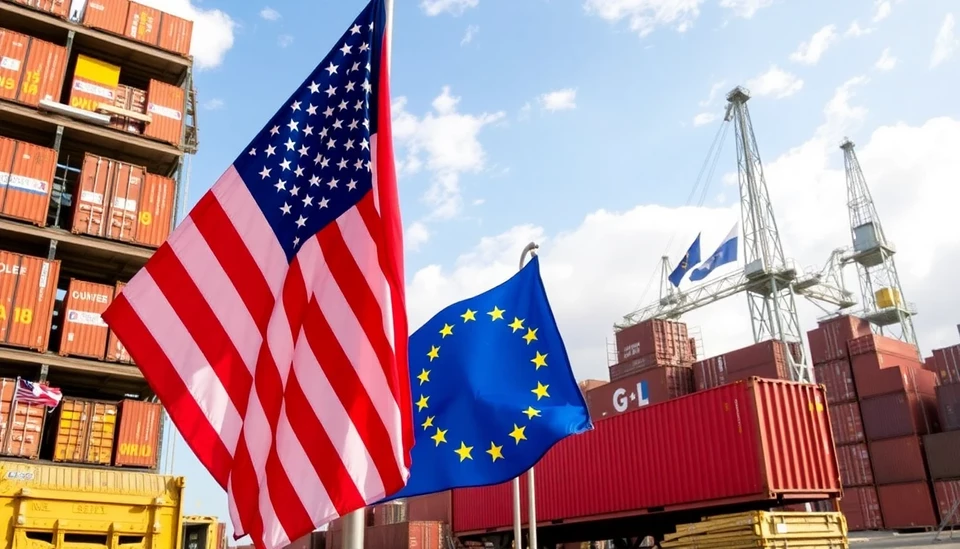
In a recent statement, a prominent advisor to former President Donald Trump has raised significant concerns over Australia’s increased aluminum exports, claiming they pose a serious threat to the U.S. aluminum market. This warning comes amid growing competition in the global aluminum sector, which has been exacerbated by current trade dynamics and economic pressures.
The advisor, whose identity aligns with Trump's close circle, pointedly indicated that the U.S. is facing an uphill battle against Australian aluminum producers who are operating with substantial government support. This presents a skewed playing field that undermines U.S. manufacturers, particularly in light of the significant tariffs and restrictions that American companies must navigate.
This warning highlights an ongoing issue within the metals market, where countries like Australia have been expanding their production capabilities. Australia is known as the world's largest bauxite exporter, a primary ingredient in aluminum production, leading to a substantial increase in their aluminum output. The advisor lamented that the American aluminum industry has not only faced increased operational costs but is also fighting to maintain its market share against these surging exports from Australia.
Amidst these tensions, American manufacturers are struggling to cope with higher raw material prices and fluctuating demand, which have been further complicated by inflationary pressures gripping the U.S. economy. The advisor emphasized the urgency for policy measures to level the playing field, arguing that without protective measures or subsidies, U.S. manufacturers risk losing their competitiveness and market stability.
This commentary isn't taking place in a vacuum. The aluminum industry has historically been a focal point of economic discussions in the U.S., with aluminum production supporting thousands of jobs. The alarming predictions pose potential implications not only for manufacturers but for the broader economy, hinting at job losses and decreased investment in the sector.
In response to these concerns, industry groups are pressing the Biden administration to consider imposing stricter tariffs on aluminum imports or implementing other protections that could shield U.S. producers from what they view as unfair competition from Australia.
While the specifics of any potential governmental action remain to be seen, what is clear is that the U.S. aluminum market is at a critical juncture. Stakeholders are watching closely as Australia’s role in the global aluminum market evolves and as the U.S. decides how it will respond to these mounting pressures.
As the dynamics of international trade shift, this situation underscores the importance of a strategic approach to maintaining the integrity and viability of the U.S. manufacturing sector in the face of foreign competition.
In summary, this ongoing feud between American and Australian aluminum interests may serve as a barometer for larger trade issues that could revolve around economic policy, job protection, and the long-term sustainability of U.S. industries.
#Aluminum #TradeWar #Australia #USTrade #EconomicImpact #Manufacturing #JobThreat #GlobalMarket
Author: Rachel Greene




